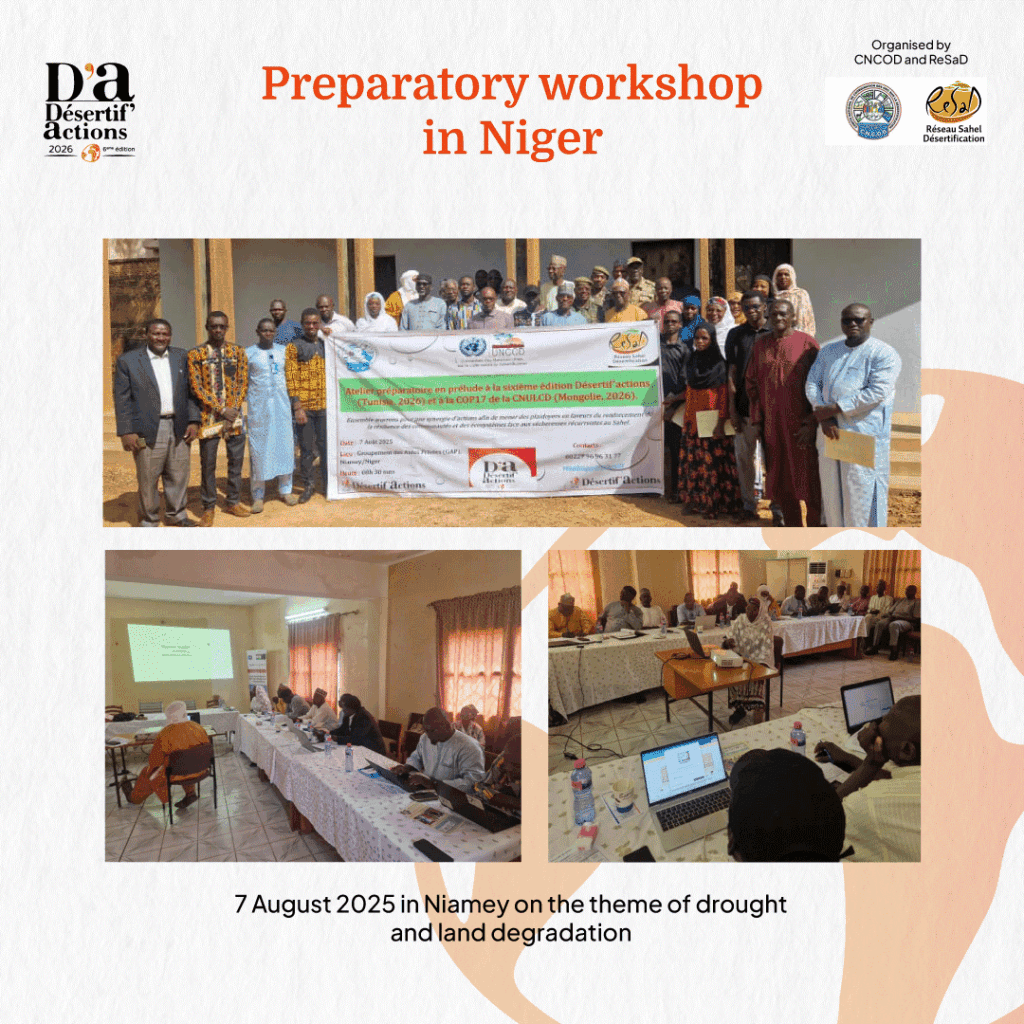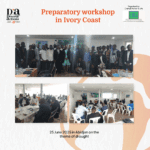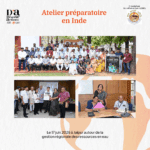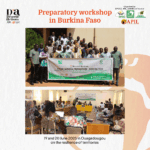News of 15/09/2025

On 7 August, CNCOD and ReSaD organised a workshop on drought and land degradation in Niger.
The group work addressed the four themes proposed as part of Désertif’actions 2026 and highlighted initiatives, projects and programmes to tackle the drought problems experienced by Niger.
Droughts in Niger and their socio-economic impact
In Niger, the phenomenon of drought is manifested by a drop in rainfall (prolonged periods of low rainfall), the expansion of the Sahara desert and a growing scarcity of accessible water (reduced water resources in rivers and groundwater).
Faced with recurring droughts, Niger has adopted a plan called the ‘Niger National Drought Plan’, which aims to prevent environmental degradation caused by drought by improving crisis diagnosis and developing adaptation strategies to reduce its impact, using an Early Warning System to regularly monitor environmental changes.
The contribution of agroecology to strengthening the resilience of ecosystems and communities to recurrent droughts
Droughts are a major constraint on the socio-economic development of the people of Niger, making ecosystems even more fragile. Against a backdrop of climate change marked by an increase in drought, agro-ecology is emerging as a viable solution for sustainable development.
The problem of land degradation in Niger and the impact of water and soil conservation techniques
Land degradation in Niger has led to an upsurge in flooding, a decline in soil fertility and poorer performance in agro-sylvo-pastoral production, exposing populations to chronic food insecurity.
To address this issue, the Strategic Framework for Sustainable Land Management (CSGDT) was drawn up in 2014 to effectively combat progressive land degradation and increase agro-sylvo-pastoral production by 2029 (MESUDD 2014).
Title : The role of administrative and customary public authorities in the management and prevention of drought crises in Niger
In Niger, between 100,000 and 120,000 hectares of land are lost each year, and the intervention of the State and public authorities is essential to improve drought risk management.
Niger is committed to restoring 230,000 ha per year, and shared governance based on both administrative authority and customary legitimacy is an important step towards achieving this goal.
Key messages from the workshop
The workshop participants made a number of recommendations:
- Intensify the offensive to mobilise the resources pledged by the Technical and Financial Partners by proposing projects to scale up activities linked to the fight against desertification.
- Strengthening mechanisms for communities to adopt agro-ecological practices.
- Set up a system to improve the capacity of existing ponds and create water reservoirs for more rational management of run-off water.
- Build the capacity of local technical agents involved in sustainable land management.
Read all the recommendations in the full workshop report (in French).






